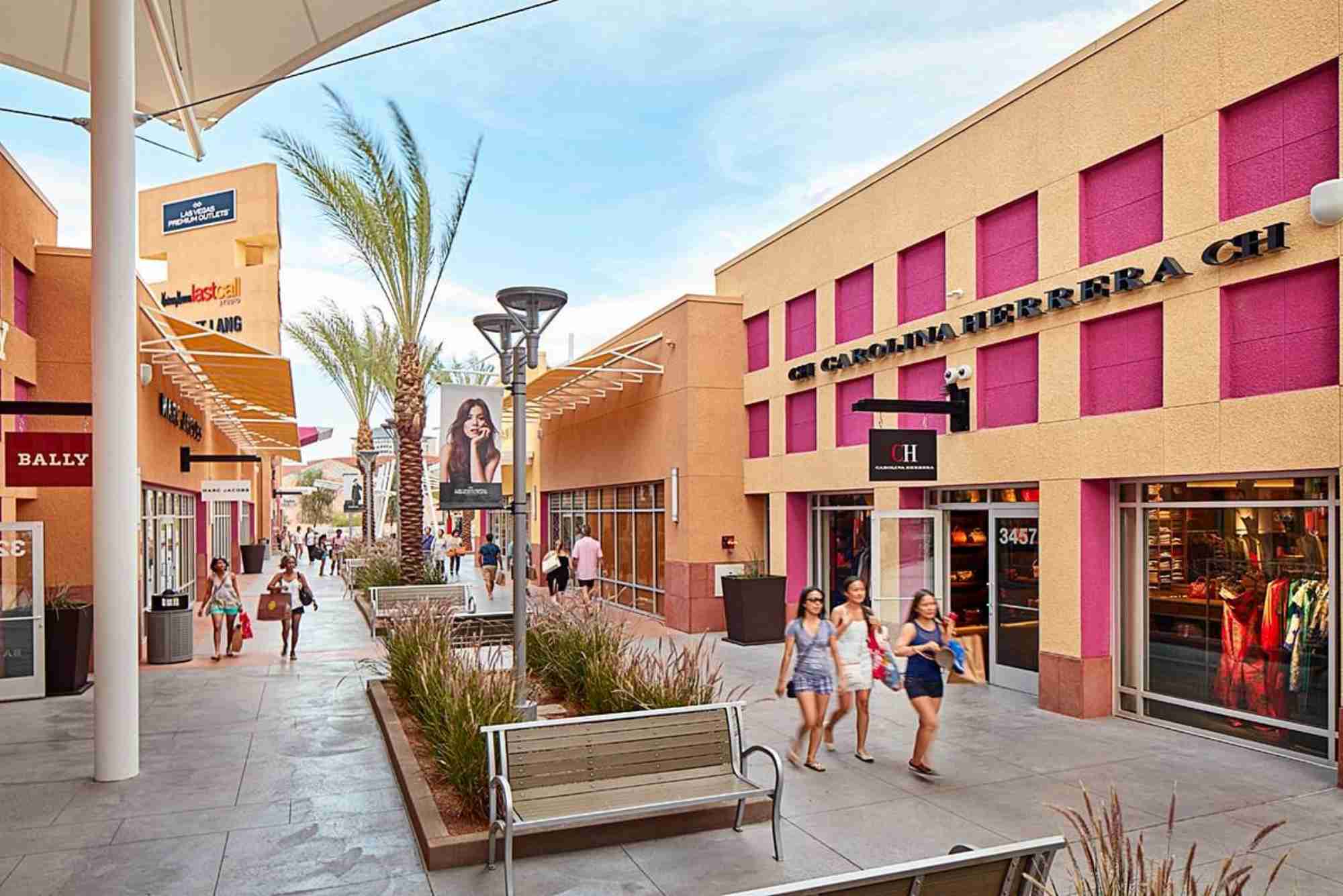Sustainable agriculture is becoming a top priority worldwide, and innovative solutions are necessary to meet the growing demand for efficient and environmentally friendly animal feed. One of the most promising developments in this area is eco-friendly poultry meal, a highly nutritious and sustainable alternative for modern farming. Poultry meal is an essential protein source used in animal nutrition, providing key nutrients for livestock, aquaculture, and pet food industries. With advancements in processing techniques and responsible sourcing, the poultry meal industry is shifting towards more eco-conscious production methods to reduce waste and environmental impact.
As sustainability concerns continue to shape the agricultural sector, farmers and feed manufacturers are looking for high-quality alternatives that meet nutritional requirements while minimizing ecological damage. Eco-friendly poultry meal is a prime example of how innovation can help balance productivity with sustainability, ensuring that modern farming remains efficient and environmentally responsible.
Nutritional Value and Benefits of Poultry Meal
Poultry meal is a highly concentrated protein source derived from processed poultry by-products, making it an excellent addition to livestock and aquaculture feeds. Rich in essential amino acids, vitamins, and minerals, poultry meal provides superior digestibility and high-energy content, making it a valuable ingredient in sustainable farming practices.
One of the key benefits of poultry meal is its high protein content, which supports muscle growth, immune function, and overall health in animals. It is also a cost-effective alternative to traditional protein sources like soybean meal and fish meal, offering comparable nutritional benefits without relying on resource-intensive crops or overfishing.
Additionally, poultry meal contributes to improved feed conversion ratios (FCR), allowing livestock and fish to utilize nutrients more efficiently. This reduces the amount of feed required per unit of weight gain, lowering production costs and minimizing waste. By incorporating poultry meal into animal diets, farmers can enhance productivity while promoting sustainability.
The Poultry Meal Production Process
The production of poultry meal involves several stages to ensure quality, safety, and sustainability. The process begins with the collection of raw materials, which typically include poultry carcasses, feathers, and offal from processing plants. These materials are then subjected to rendering, a process that involves high-temperature cooking to separate fat, protein, and moisture.
Once rendered, the solid components are dried and ground into a fine powder, creating the final poultry meal product. Advanced filtration and purification techniques ensure that the meal is free from contaminants, meeting regulatory standards for animal feed production. Sustainable poultry meal producers are implementing energy-efficient rendering processes and waste-reduction strategies to further minimize the environmental footprint of production.
Cost Considerations and Market Demand
The cost of poultry meal depends on several factors, including raw material availability, processing technology, and market demand. As an alternative to fish meal and plant-based proteins, poultry meal offers a more cost-effective solution for feed manufacturers and livestock producers. The affordability of poultry meal, combined with its high nutritional value, has driven increased adoption in the global feed industry.
Sustainable production practices, such as responsible sourcing and improved rendering efficiency, are helping to keep costs competitive while maintaining high-quality standards. As more feed manufacturers recognize the benefits of eco-friendly poultry meal, its market demand continues to grow, making it a viable long-term solution for modern farming.
Sustainable Sourcing and Environmental Impact
One of the most significant advantages of poultry meal is its role in promoting sustainability. By utilizing poultry by-products that would otherwise go to waste, poultry meal production helps reduce environmental impact and supports a circular economy. Sustainable sourcing practices ensure that the poultry used in meal production comes from responsible farming operations that prioritize animal welfare and environmental conservation.
Eco-friendly poultry meal also contributes to reducing the reliance on wild-caught fish for feed production, thereby alleviating pressure on marine ecosystems. With innovative processing technologies, poultry meal manufacturers can further minimize emissions, energy consumption, and waste production, making the industry more sustainable.
Choosing High-Quality Poultry Meal
Selecting high-quality poultry meal is crucial for maximizing nutritional benefits and maintaining sustainable farming practices. When evaluating poultry meal, consider the following factors:
- Protein Content: Look for poultry meal with a high protein concentration to ensure optimal animal growth and health.
- Processing Standards: Ensure that the poultry meal supplier follows strict processing guidelines to maintain safety and quality.
- Sustainability Certifications: Choose products from suppliers that adhere to environmentally responsible sourcing and production methods.
For businesses seeking premium-quality poultry meal, Poultry Meal from reputable suppliers offers a reliable and sustainable solution. By choosing high-quality poultry meal, farmers and feed manufacturers can enhance animal nutrition while supporting eco-friendly practices.
Blueline Worldwide: A Trusted Partner in Sustainable Poultry Meal
Blueline Worldwide is a leading supplier of high-quality poultry meal, dedicated to providing sustainable and ethically sourced feed solutions for modern agriculture. With a strong commitment to innovation and environmental responsibility, Blueline Worldwide ensures that its poultry meal products meet international standards for quality and sustainability.
By partnering with responsible poultry farms and utilizing advanced processing techniques, Blueline Worldwide minimizes waste while delivering nutritionally superior poultry meal. Their dedication to sustainability and customer satisfaction makes them a trusted choice for businesses seeking reliable and eco-friendly feed solutions.
Global Trade and Expanding Market Opportunities
The increasing demand for poultry meal has led to significant growth in international trade, with countries like Brunei playing a key role in the global supply chain. Businesses looking to secure high-quality poultry meal can Order from Brunei through reputable suppliers that prioritize sustainable sourcing and quality assurance.
As global trade expands, advancements in logistics and supply chain management are improving accessibility to premium poultry meal products. Ensuring compliance with international food safety and sustainability standards allows businesses to meet growing consumer demand for responsible and ethical feed solutions.
Conclusion
Eco-friendly poultry meal innovations are transforming modern farming, offering sustainable and nutritious alternatives for livestock, aquaculture, and pet food production. By prioritizing responsible sourcing, advanced processing methods, and high-quality standards, the poultry meal industry is making significant strides toward a more sustainable future. As demand for environmentally conscious feed solutions grows, businesses and farmers can benefit from investing in high-quality poultry meal that supports both productivity and sustainability.
In addition to poultry meal, fish meal is another crucial component in sustainable animal nutrition, providing essential proteins and nutrients for various farming applications. Learn more about fish meal and food services at Trip Creamy.



